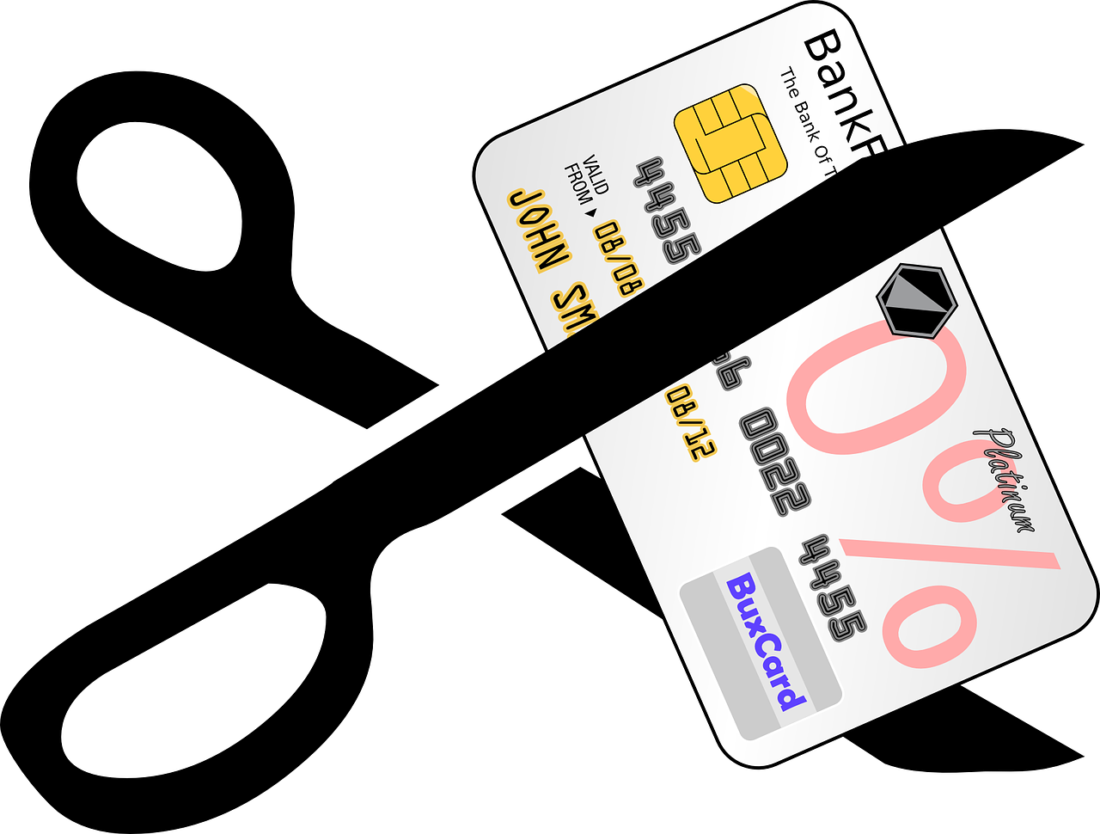
If you’ve ever applied for a credit card or a loan, you’ve heard about credit scores.
Your credit score is that three-digit number that tells a lender how likely you are to repay the loan or make payments on time. The higher the score, the better chance you have of being approved for a loan with a favorable interest rate.
If your score is low, under 600, you may pay a much higher interest rate if you can qualify at all. The good news, there are some things you can do to rebuild your credit. It takes time, but it can be done.
Table of Contents
- 1 1. Know Where You Stand
- 2 2. Examine Your Reports and Dispute Inaccuracies
- 3 3. Identify Areas to Improve and Rebuild Your Credit
- 4 4. Create A Plan To Pay Down Debt
- 5 5. Don’t Borrow to Get out of Debt
- 6 6. Apply for Credit
- 7 7. Don’t Close Older Credit Cards
- 8 8. Try to Remove Collection Accounts
- 9 Wrapping It Up
1. Know Where You Stand
You can’t fix what you don’t know, right?
You’re entitled to one free credit report a year from each of the credit reporting agencies, Experian, Equifax, and TransUnion. You can order all three at the same time, or you can order one every three months as you track your progress.
You can also find out your score through a number of independent companies like Credit Karma and Credit Sesame.
2. Examine Your Reports and Dispute Inaccuracies
Don’t assume the information in your credit report is right. A 2012 study from the Federal Trade Commission found that one in five people had an error on at least one of their reports.
Check your name, your address, and your social security number first. Then review every account listed and make sure they all belong to you. For example, if you’ve just gone through a divorce, make sure the accounts listed under your name are yours and not your former spouse’s.
If you find mistakes, dispute them with the credit reporting agencies. You can do that on their websites.
3. Identify Areas to Improve and Rebuild Your Credit
Figure out what’s causing your low score. Have you made late payments to your credit card companies? Your payment history represents about 35% of your overall score. Even one late payment can cause your score to drop.
Are you carrying too much debt? Carrying high balances on your credit cards affects your credit utilization. In fact, it may lower your score 100 or 200 points.
Have you filed for bankruptcy? That can stay on your credit report for 10 years and lower your score dramatically.
Have you applied for too many credit cards or loans? Credit inquiries stay on your report for two years.
4. Create A Plan To Pay Down Debt
Make a list of everything you owe and create a plan to pay off each debt over time. It’s not a quick fix, but every on-time payment will help your score. Older late payments will count against your score less and less.
Set up payment reminders or automatic payments through your bank or credit union. If you decide to pay $50 a week toward a credit card, set it up to draft automatically so you don’t forget. Most financial institutions also offer text and email alerts.
5. Don’t Borrow to Get out of Debt
It may be tempting to take out a loan to pay off a debt, but you’re only adding to your problems. Even if you’re approved, you’ll pay a very high interest rate. Some of those so-called bad credit loans charge 150-200% interest. If you take out one of those loans, you’ve simply solved one problem by creating another.
6. Apply for Credit
This only applies to people in a couple of specific situations. One, if you have no credit. Your score may be low because you haven’t established a credit history at all. Or, you may have defaulted on a credit card years ago and are ready to build a better credit history. In these cases, look into unsecured credit cards for bad credit.
These credit cards typically charge a higher interest rate and have a low credit limit, around $300. But, if you can get one, you can improve your credit score by charging small amounts and paying them off every month. For example, you might use a card like this just to buy gas every month.
7. Don’t Close Older Credit Cards
Those older cards contribute to the age of your credit history and help bring down your credit utilization rate. The only exception to this is if your older card charges an annual fee.
8. Try to Remove Collection Accounts
Once a delinquent account goes to a collection agency, it can torpedo your credit score. Unfortunately, a collection account stays on your credit report for seven years. Paying it off won’t help your credit score unless you can negotiate with the collection agency to remove it.
It doesn’t always work, but it’s worth a try. Contact the collection agency and offer to pay the full amount owed, IF the agency will agree to remove it from all three credit reporting companies. Get it in writing before you do anything.
Wrapping It Up
Investigate programs offered by the credit reporting agencies to help rebuild your credit. You’ll want to spend some time on their websites to uncover these little-known programs. For example, if you have bad credit because you were late paying your credit card bills but you always paid your utilities on time, you may be able to use that.
Ordinarily, utility bills and phone bills don’t report to the credit agencies unless you don’t pay them. But, Experian is rolling out a program that will factor in those on-time payments through a free platform called Experian Boost. You’ll be able to allow Experian to connect to your bank accounts to identify utility and telecom payment history.
Be wary of any company promising you it can increase your score by hundreds of points in a week or two for a large fee. All of the tips above will help you increase your credit score, and you can do it yourself for free.
Believe it or not, once you come up with a plan to rebuild your credit, you can actually start saving money to cover emergencies and avoid getting back into the cycle of over-spending.
Visit our blog for more ways to save while you’re getting out of debt.







